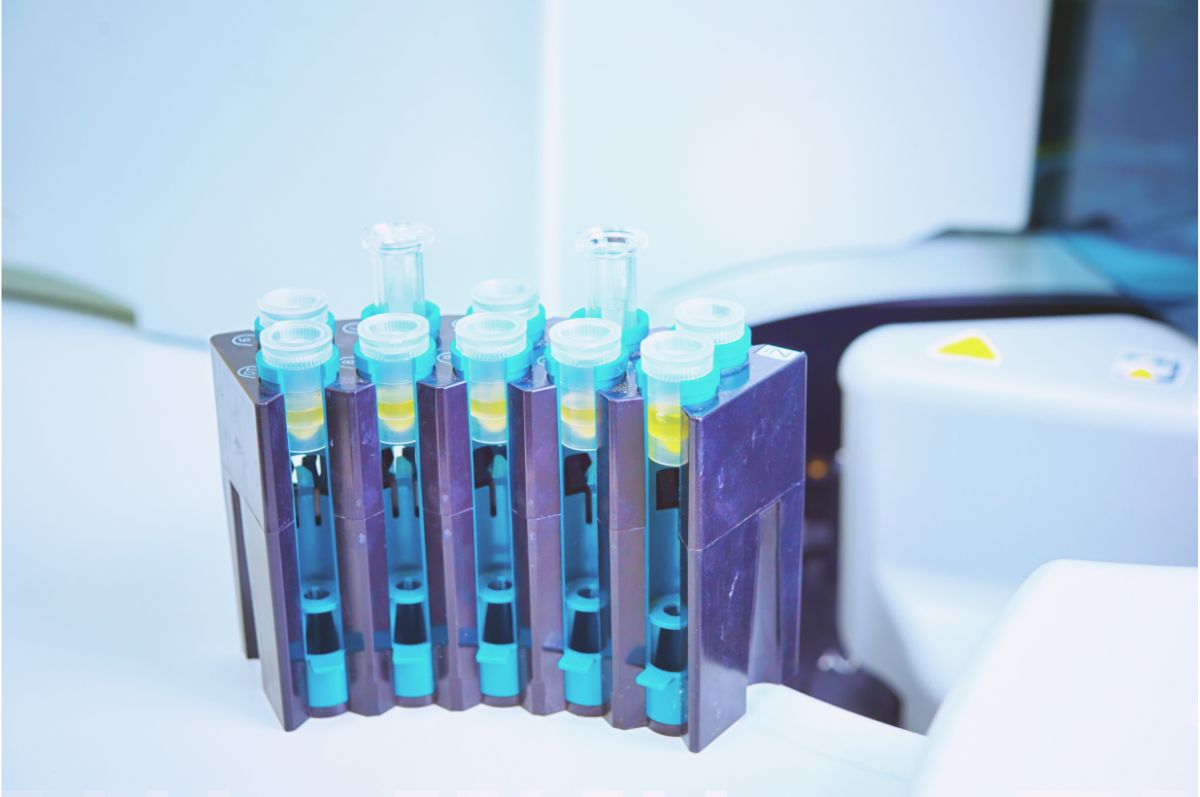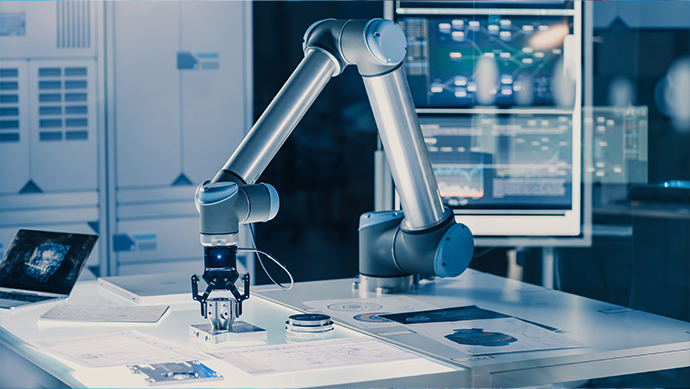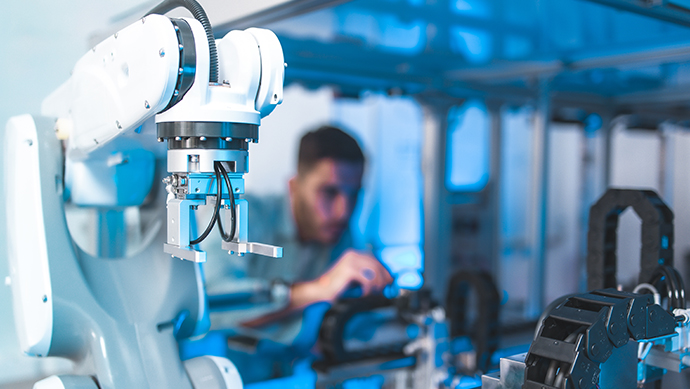How Will Laboratory Automation be Optimised by Emerging Technologies?

In the rapidly evolving field of field of laboratory automation, research and development (R&D) laboratories play a pivotal role in driving innovation and developing life-saving pharmaceutical products. However, the optimisation of R&D lab processes in this sector presents unique challenges due to stringent regulatory requirements, complex workflows, and the need for rigorous data management.
The industry is embracing a wide range of emerging strategies and technologies to optimise R&D laboratory processes and operations. Automation, for instance, is being increasingly employed to streamline repetitive tasks, improve accuracy, and enhance throughput. Robotic systems can handle sample preparation, compound screening, and high-throughput experimentation, making them hugely beneficial as they free up researchers' time and allow them to focus on more critical tasks. Moreover, the integration of advanced data analytics and artificial intelligence (AI) holds tremendous promise, as AI-driven algorithms can analyse vast amounts of biomedical data, identify patterns, and generate insights. This in turn aids in target identification, lead optimisation, and clinical trial design.
Though these emerging technologies undoubtedly have clear benefits, they naturally come with various challenges. At Oxford Global’s Pharma Automation & Robotics 2023 conference, an insightful panel discussion explored the difficulties and opportunities which arise from efforts to optimise laboratory processes. The panel was moderated by Sebastian Manzano, Research Coordinator at the University of Liverpool, who industry experts joined to discuss the direction that these emerging technologies are taking.
The Need for Collaboration and Ecosystem Building
The panel began by highlighting the importance of collaboration and ecosystem building in the field. There is a marked need for the industry to come together to address the challenges of digital and automation-enabled experimentation.
One audience member was keen to stress that no single person or organisation can solve these problems alone. The development of an “ecosystem” whereby companies, academics, and vendors can collaborate to bring together their best ideas and most effective approaches to addressing various issues is broadly acknowledged as one of the most fruitful approaches in this respect.
The integration of different devices and technologies from various companies was identified as a significant challenge. Manzano pointed out that there is no universal device capable of meeting all laboratory needs. Instead, he suggested finding a “sweet spot” by combining individual devices with more complex systems such as high-throughput screening, mobile robots, and static robots. Manzano emphasised the importance of converging towards software interaction between these devices and the need for companies to allow the integration of third-party devices to achieve the desired outcomes.
Charly Coulon, Head of Future Manufacturing Concepts at INVITE, focussed on the necessity to align automation projects within laboratories with the overall strategy for the related area in quality control or research & development. Without the clear contribution to the strategic targets many automation projects stated bottom-up are stopped in the moment of unexpected challenges. Some of them are even taken out of operations after implementation causing even worse downsides. If the contribution to concrete strategic targets, such as end-to-end process understanding are well known, these projects get the support and awareness they need easily.
Establishing Standards for Automation and Reporting
The panel also discussed the need for standards in laboratory automation and reporting. Jufang Wu Ludvigsson, a Principal Scientist at AstraZeneca, expressed frustration with the lack of convergence and duplication of efforts in automation initiatives within companies. She highlighted the importance of pulling together different interests and driving forces to deliver a common goal faster.
The other panellists agreed that standards would be beneficial but noted the industry's historically poor track record in implementing them. Whilst there have been various attempts in the industry to establish a range of standards, the panel could only identify the Society for Biomolecular Screening format as having been effectively implemented. This format specifies the required dimensions for a microplate and is a standard enforced with almost all pieces of equipment in labs worldwide, reflecting that it is indeed possible to establish standards that are applied universally.
The fact that the SBS format has successfully been successfully implemented reflects that it is indeed possible to establish a standard that it possible to establish standards that are applied universally, making slow progress in this area seem all the more frustrating. Ultimately, the panellists stressed the necessity of standards for effective automation and emphasised that progress in the field would be challenging without them.
Overcoming Communication and Integration Challenges
The discussion moved on to the challenges of integrating different methods, strategies, and instruments in the laboratory. The panellists emphasised the need for open APIs (application planning interfaces) and communication protocols that enable seamless integration of devices from various companies. They noted that even within the same company, agreement on a single communication protocol can be elusive, making integration more complex.
Wu Ludvigsson highlighted the growing importance of software standardisation in late-stage drug development. The panellists agreed that standardisation would greatly simplify processes but expressed frustration with the slow progress in this area. They called for more pressure from users on hardware manufacturers to create the necessary standards and urged software developers to consider the interfaces and broader approaches needed for effective integration.
Overall, the panel established the importance of collaboration, change management, and standardisation in optimising laboratory automation and processes. The need for an ecosystem approach, where stakeholders work together to address challenges and share best practices, was emphasised. While there are still challenges to overcome, the panellists remained optimistic about the potential for emerging strategies and technologies to transform laboratory processes and improve efficiency and productivity.
Get your weekly dose of industry news and announcements here, or head over to our PharmaTec homepage to catch up with the latest advances in cellular therapies. To learn more about our upcoming PharmaTec UK conference, visit our event website to download an agenda and register your interest.





.png)

